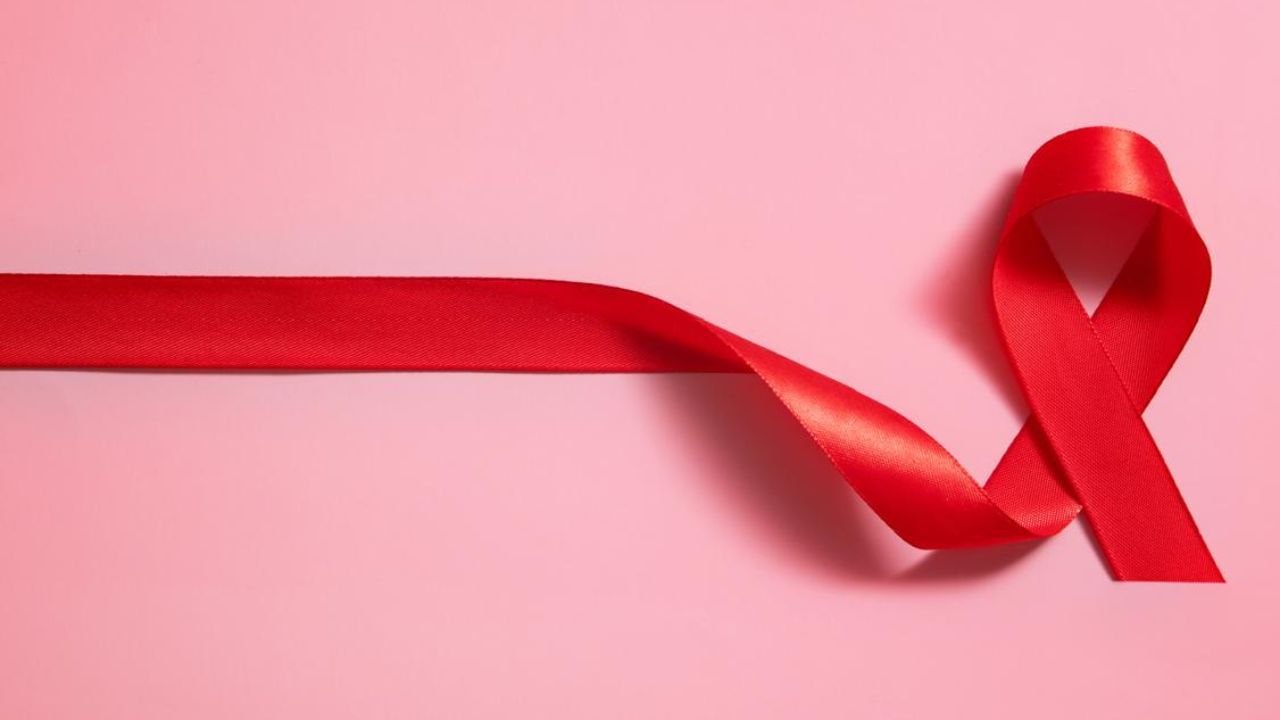What are the initial symptoms of HIV?Image Credit Source: Getty Images
HIV i.e. Human Immunodeficiency Virus is an infection that weakens the body’s immunity. The virus is mainly spread during unprotected intercourse, use of infected needles, blood transfusion and mother to child from birth or breastfeeding. The immune system of a person infected with HIV gradually weakens, which makes the body unable to fight normal infections. Those having unsafe intercourse, using injections for drugs and newborns of HIV positive mothers are at the highest risk. This infection can be controlled by timely identification and treatment.
HIV infection increases in three stages. The first stage is called acute HIV infection, in which the virus spreads rapidly into the body. The second phase is a clinical latency, in which the virus remains active but the symptoms are less visible. The final stage is AIDS, where the immune system is severely weakened. During this time, the patient starts getting serious infections and diseases again and again. The effect of HIV gradually eliminates the immunity of the body, due to which simple diseases can also become fatal. If there is no treatment in time, it can affect almost every part of the body.
What are the initial symptoms of HIV?
Dr. LH Square at Lady Harding Hospital It is said that the initial symptoms of HIV often look like normal viral infections, so people ignore them. Within 2 to 4 weeks of infection, the patient may feel fever, sore throat, headache, muscle pain and fatigue. In some people, rash on the body, swollen lymphatic lymph nodes and sweating at night are also seen.
Weight rapid phenomenon, frequent diarrhea and persistent weakness are also included in common symptoms. The symptoms of the initial stage can end on themselves in a few weeks, but this does not mean that the virus is over. It is hidden in the body and gradually damages the immune system. Therefore, if such symptoms are seen, then it is necessary to get HIV test done on time so that the infection can be identified and treated soon.
How to rescue?
Always do safe intercourse.
Avoid sharing needle, blade and razor.
HIV positive pregnant women should take treatment with the advice of a doctor so that the infection does not spread to the child.
Only screen and safe blood transfusion should be done.
Avoid using drug injections.
Keep checking HIV from time to time.
